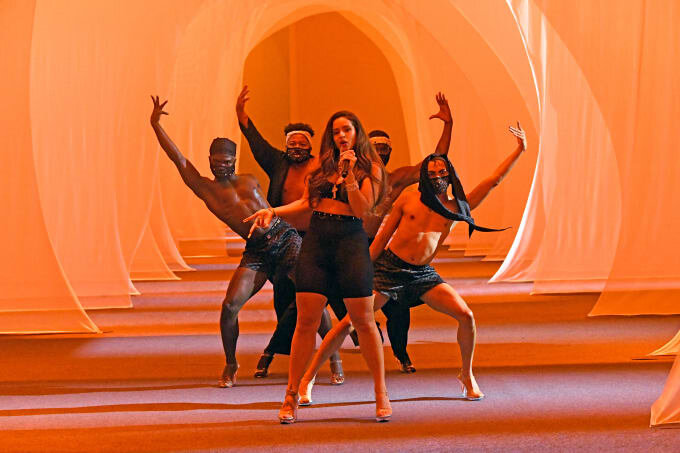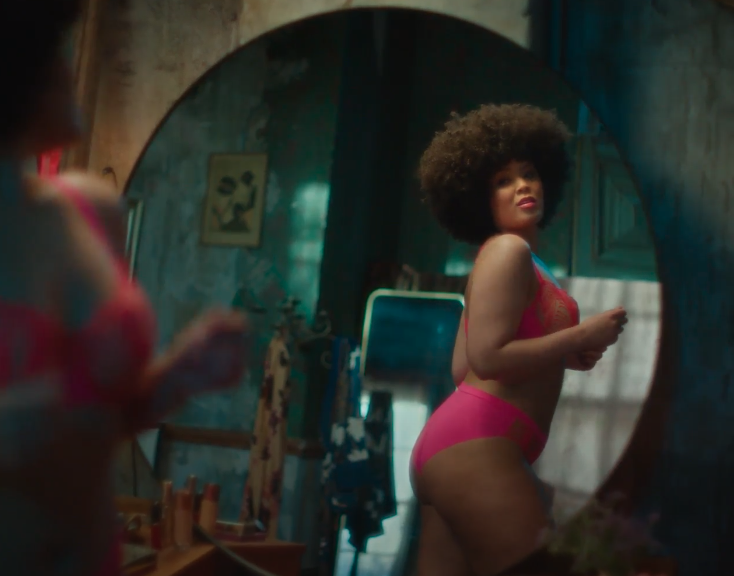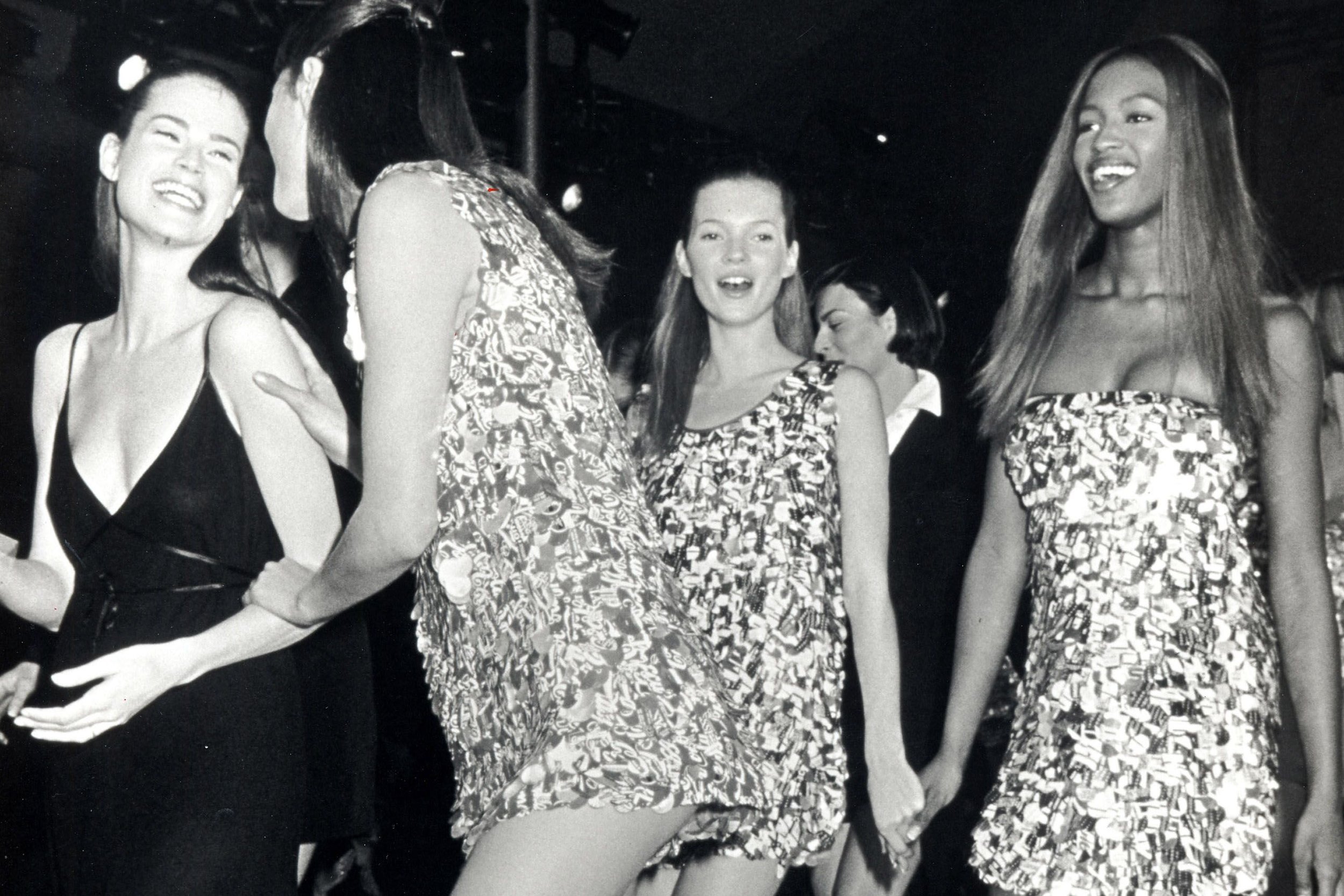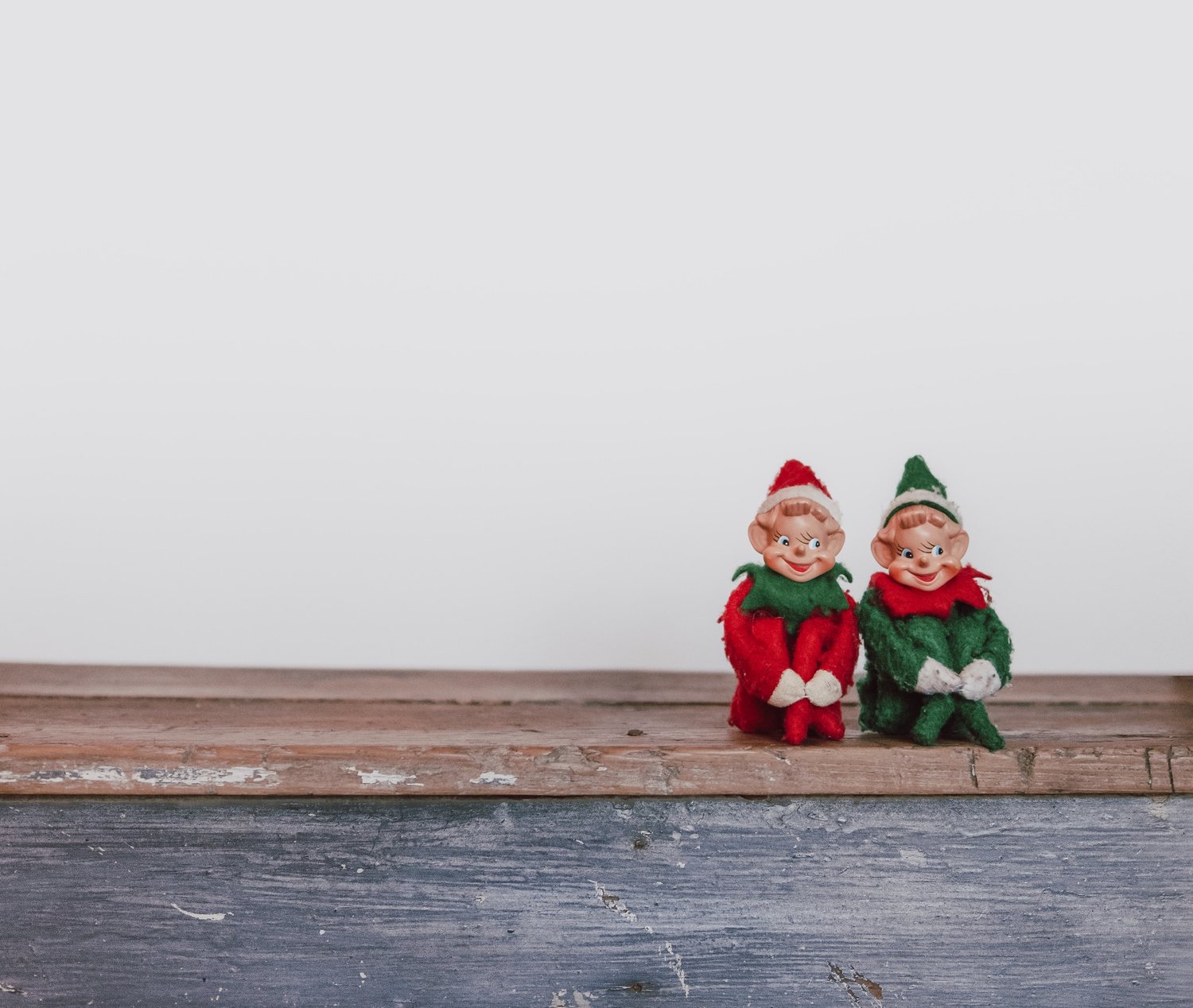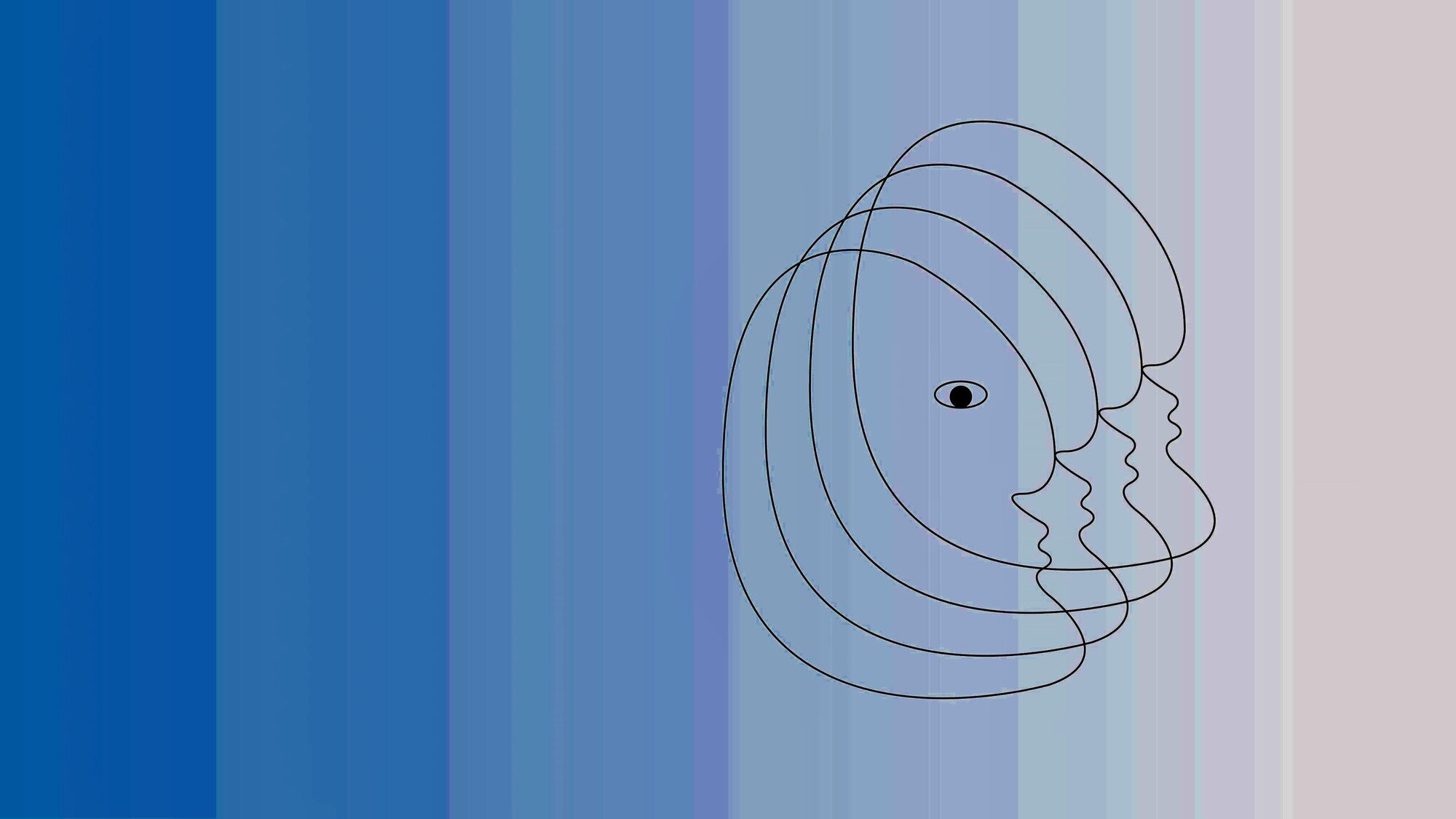
The ‘Toughen Up’ mindset is killing our men
A new study surveying more than 6,200 women and 4,000 men across 38 countries show men are three times less likely to report mental health impacts.
A report released by CARE, a global anti-poverty organisation that focuses on social justice, has looked into how the coronavirus has affected lives and priorities.
The report found that women are nearly three times as likely as men to report mental health impacts from covid-19, mostly because of concerns about their livelihood and caregiving. More than half — 55 percent — of the women said they have lost income because of the pandemic, compared with 34 percent of men.
In New Zealand, nearly 9 percent of adults had experienced psychological distress in the past four weeks. Females are more likely to experience a common mental disorder than males, regardless of age. And although it is apparent females are just as if not more likely to struggle with mental illness following a pandemic, the concern comes with Kiwi mens reluctance to speak up about how they’re feeling.
Around 650,000 adult New Zealanders (16.6 percent) have been diagnosed with depression at some stage in their lives, a number most likely far under what is actually is due to those declining to be assessed.
Our Kiwi culture of tough men is great, however not so much when societies pressure for them to remain tough stops them from reaching out for help.
Organisations such as the Movember Foundation are specifically advocating to make men’s mental health more widely discussed, while their latest campaign, Moment Against Silence was an ode to against the strong silence most our men like to stay in when battling their emotions.
Following on from that New Zealand Media and Entertainment’s Radio Hauraki is dedicated the 10th of September 2020 to Kiwi men’s mental health by bringing back “No Talk Day”.
The number of suicides in New Zealand has reached its highest-ever level, in 2019 with 685 people dying in the year to June 30. Men continue to be more at risk, with 68 per cent of the deaths in 2019 being men.
There was also an increase in suicide statistics amongst Māori and Pacific Islanders. The Māori rate rose from 142 to 169 deaths, whilst the Pacific Island figures rose from 23 to 34 deaths.
The only way to help in most cases is to normalise looking for help in the first place. Most people who successfully take their own lives have never been to therapy or reached out, but rather decided it was not worth it. That they were not worth it.
Check in on your friends, check in on your family members. Even someone showing they care and are there to help can make all the difference for those stuck in their own heads.
If you’re struggling with mental health, not matter if it is pandemic driven or not, please reach out to those trained who can help.
Lifeline – 0800 543 354 (0800 LIFELINE) or free text 4357 (HELP)
Suicide Crisis Helpline – 0508 828 865 (0508 TAUTOKO)
Healthline – 0800 611 116
Samaritans – 0800 726 666
Related Posts
Why the Savage x Fenty show was a win for Kiwi diversity
How Savage x Fenty is paving the way for Kiwis in the industry
7 Ways to Protect Your Wellbeing This Christmas
Ready why you aren't alone when it comes to Christmas stress
Libra encourages liberation from period stigma
Libra tackles period stigma in latest advertisement
No, I refuse to let heroin chic be back
Connor Amor-Bendall explores the maddening resurgence of 'heroin chic'
7 ways to look after your mental health this Christmas
Christmas can certainly be a difficult time, with 26% of people experiencing poor mental health during the festive season.
Love Locked-down: How to play the long game of online dating
Why online dating takes patience, composure and a lot of luck


